Sale!
GOSTR Legal Framework: Mandatory Vs. Voluntary Certification
Original price was: ₹400,000.00.₹200,000.00Current price is: ₹200,000.00.
In the GOSTR legal framework, certification can be categorized into two main types: mandatory and voluntary certification.
1. **Mandatory Certification**:
– Mandatory certification refers to the process whereby products must undergo assessment and meet specific standards set by regulatory bodies before they can be legally sold or distributed in the market.
– These standards are typically established to ensure the safety, quality, and compliance of products with relevant regulations and standards.
– Products subject to mandatory certification must obtain a certificate of conformity demonstrating their compliance with the established standards.
– Failure to obtain mandatory certification may result in legal penalties, including fines or prohibition of sale.
2. **Voluntary Certification**:
– Voluntary certification, on the other hand, is not legally required for products to be sold in the market.
– Manufacturers may choose to undergo voluntary certification to demonstrate the quality, safety, or environmental friendliness of their products.
– While not compulsory, voluntary certification can provide a competitive advantage by enhancing consumer trust and confidence in the product.
– Voluntary certification standards may be developed by industry associations, non-governmental organizations (NGOs), or other relevant bodies.
In summary, mandatory certification is legally required for certain products to ensure compliance with established standards, while voluntary certification is optional and aimed at demonstrating additional product qualities or meeting specific market demands. Both types of certification play important roles in ensuring product quality and safety within the GOSTR legal framework.

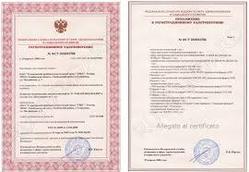



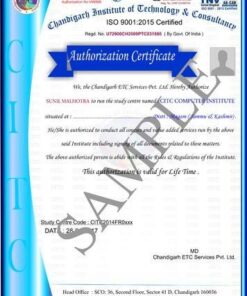
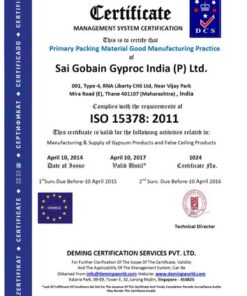

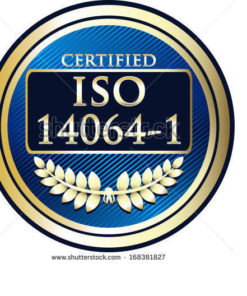
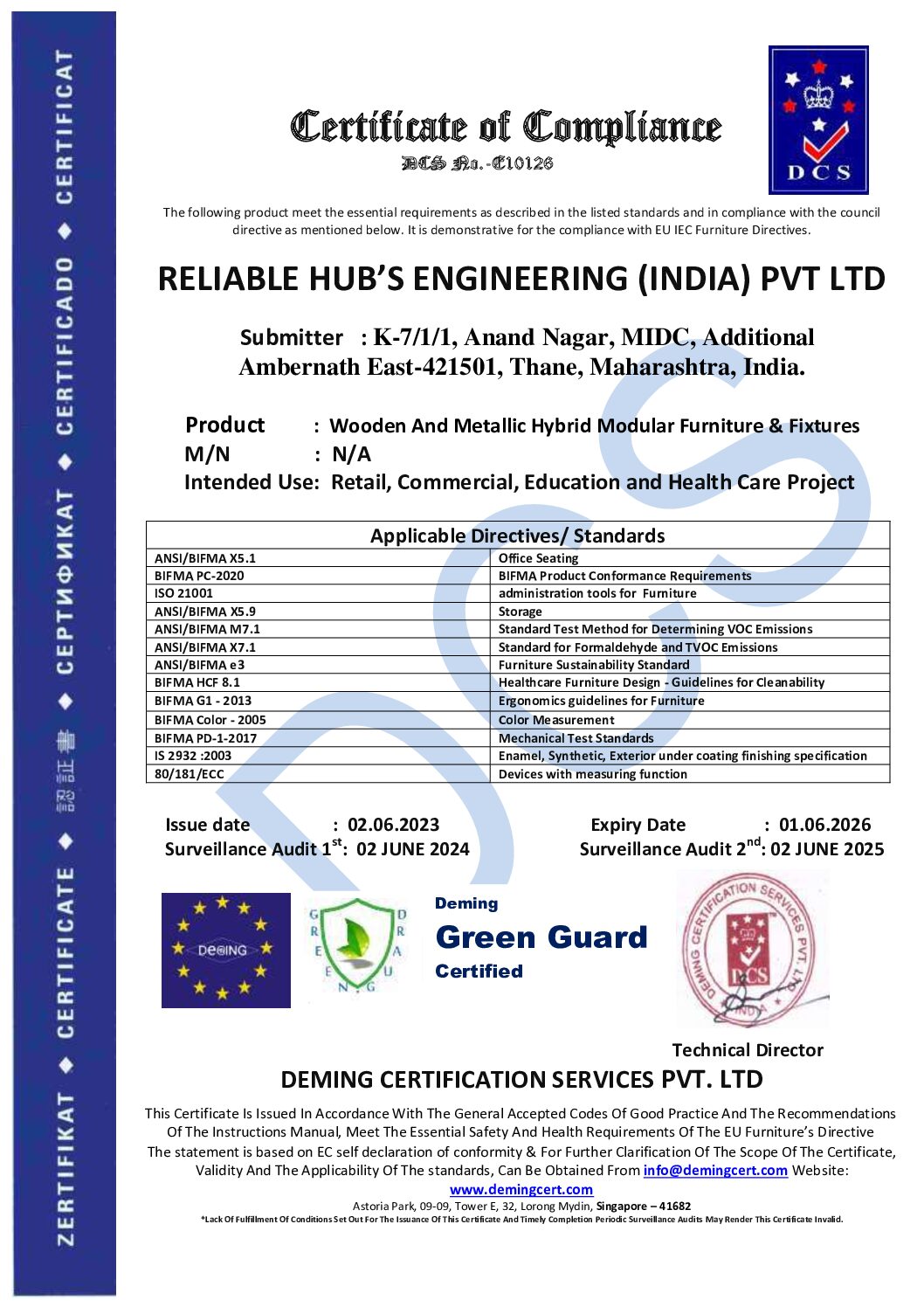


Reviews
There are no reviews yet.